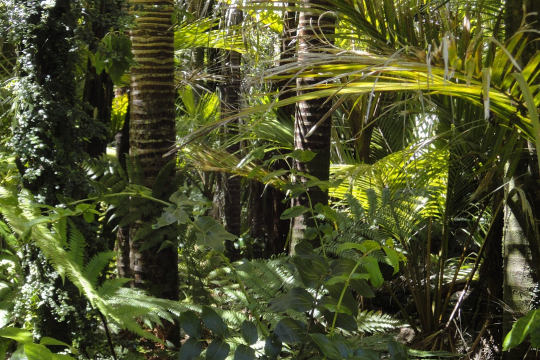Abstract
Sustainable Forest Management (SFM) is based on a rational planning process for forest supply and norms and regulations for the protection and sustainability of natural forests. In Colombia, SFM has been identified as a strategy to avoid deforestation and to favor the economy of households living in forests. However, timber harvesting of natural forests is currently carried out as a subsistence activity, generating low income and negative impacts on ecosystems. This study develops a discrete-time bioeconomic model for SFM, with an objective function that is based on the economic impact on timber extraction yields of three commercial species, Achapo (Cedrelinga cateniformis), Cabuyo (Eschweilera coriacea) and Dormidero negro (Parkia discolor), located in the Guaviare region (Colombian Amazon). Our results show that the maximum benefits from sustainable forest harvesting of the three species are achieved in a 25-year span, with net benefits per hectare of USD 498.3, for a planning horizon of 50 years. Sustainable forest harvesting was found to be robust with respect to a number of assumptions in the model. These results provide a scientific basis for harvesting authorizations and permits. Policy implications are discussed.
Keywords: Bioeconomy, Ecosystem services, Forest policy, Optimal control, Social welfare, Tropical forest conservation.

